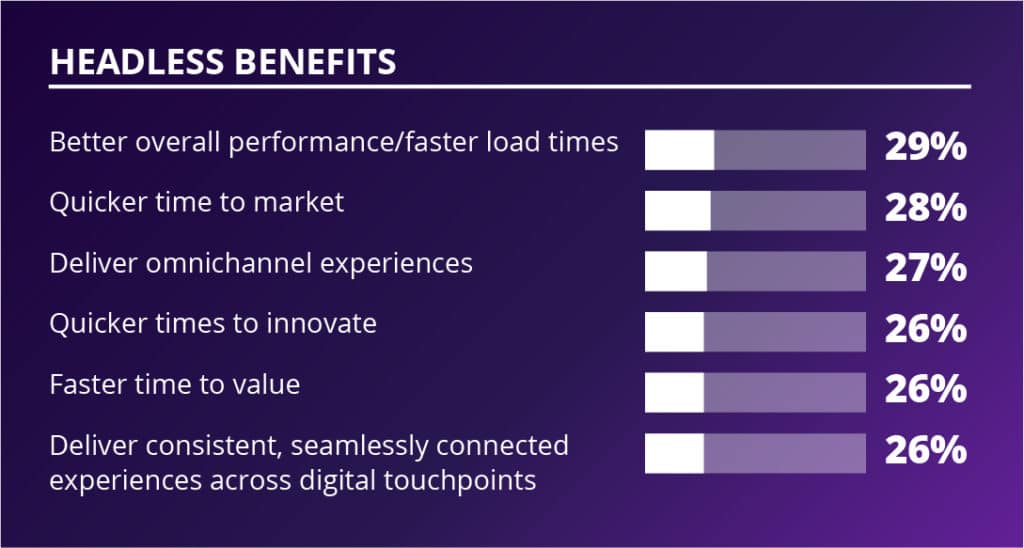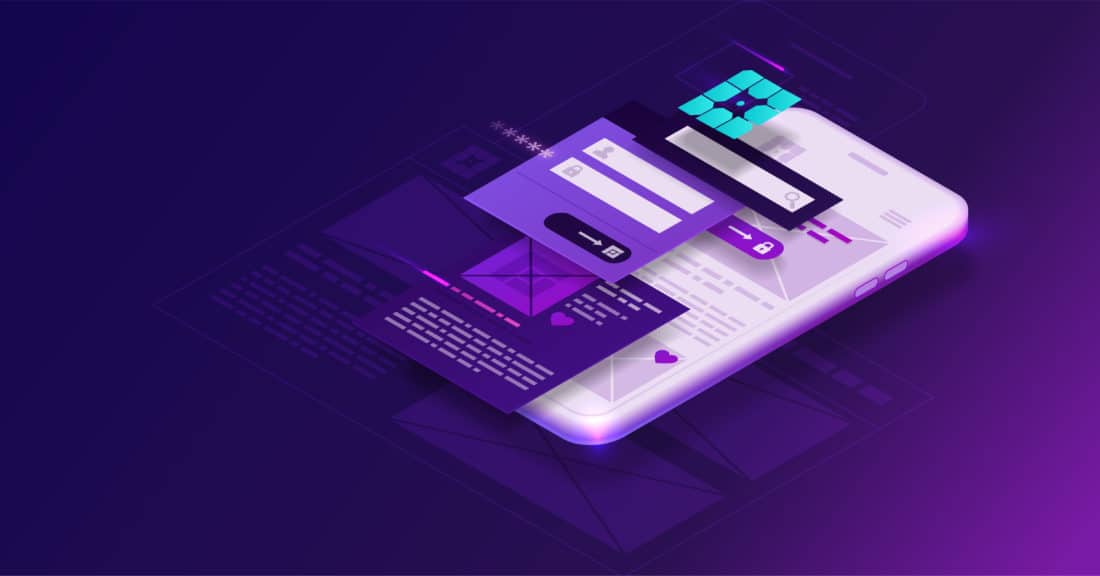There are a number of reasons why businesses choose to build their websites with WordPress. For one, it’s the top content management system for content creators. The platform is incredibly intuitive, it’s flexible, and it’s easily updated. However, there are new technologies and functionalities that can make WordPress even better as it evolves, both from an editorial and development perspective.
Emerging technologies will continue to impact and improve content creation and content delivery. That’s where headless architecture comes in. The use of headless technology enables companies to take advantage of new tools that can easily publish content beyond the website and across multiple platforms, such as smart devices, voice assistants and mobile apps.
Headless WordPress, which is basically WordPress without a front end, provides content creators with a familiar interface and dashboard while improving overall use. At the same time, it provides developers with much more flexibility. Getting rid of the front end system can seamlessly provide a richer digital experience for customers.
Headless WordPress with Atlas: Need for Speed

Atlas is WP Engine’s new Headless WordPress product line and WordPress platform. The number one reason that businesses make the switch to headless is speed. That said, page load speed with Atlas is 10 times faster than with WordPress alone.
It’s also more secure and lends itself to seamless customization and personalization. Obviously these are critical components for successful marketing and e-commerce in today’s world. Another key e-commerce improvement is the streamlined omnichannel approach for content delivery.
Of course, marketing to consumers through various media and channels, and not just the stand-alone website, isn’t new. Omnichannel marketing, for example, leverages a variety of communications tools to more widely disseminate brand messaging. As a result, it creates a more robust consumer experience.

What’s different about headless, or decoupled, architecture is that those channels are already built into the CMS, making it more accessible and scalable.
The Future of Headless is…Already Here

A new WP Engine international survey, The State of Headless: A Global Research Report, confirms that the trend toward headless adoption has grown exponentially. It’s not the future anymore; it’s happening now.
Consider the fact that 64% of enterprise organizations are already using a headless approach, up from 25% in 2019. More than 90% of the enterprise organizations not currently using headless plan to evaluate headless solutions over the next year, up from 15% in 2019.
Meanwhile 92% of survey respondents have found that implementing headless technologies makes it easier for organizations to deliver a consistent and dynamic content experience.
Headless Shakes up E-Commerce
According to the WP Engine survey, 35% of businesses choose their headless technology based on e-commerce solutions, second only to performance.
Due to Covid-19 and its negative impact on in-store shopping, having a solid e-commerce strategy is critical. Based on last year’s holiday shopping trends, the future of e-commerce is now. Researchers at eMarketer predicted that 2020 e-commerce holiday sales would grow by 35% compared to 2019. And in a survey conducted by the National Retail Foundation, 45% of baby boomers reported shopping online more as a direct result of the pandemic.
As mentioned earlier, one of the primary reasons that headless e-commerce makes so much sense is its ability to manage multiple channels to deliver customized content across a range of devices. Smartphones, for example, already account for over 42% of e-commerce shopping. The key is to reach your customers where they are, no matter the device. In fact, 45% of small businesses in the U.S. don’t even have a website.
In other words, there’s never been a better time, well, to lose your head.





Join the conversation